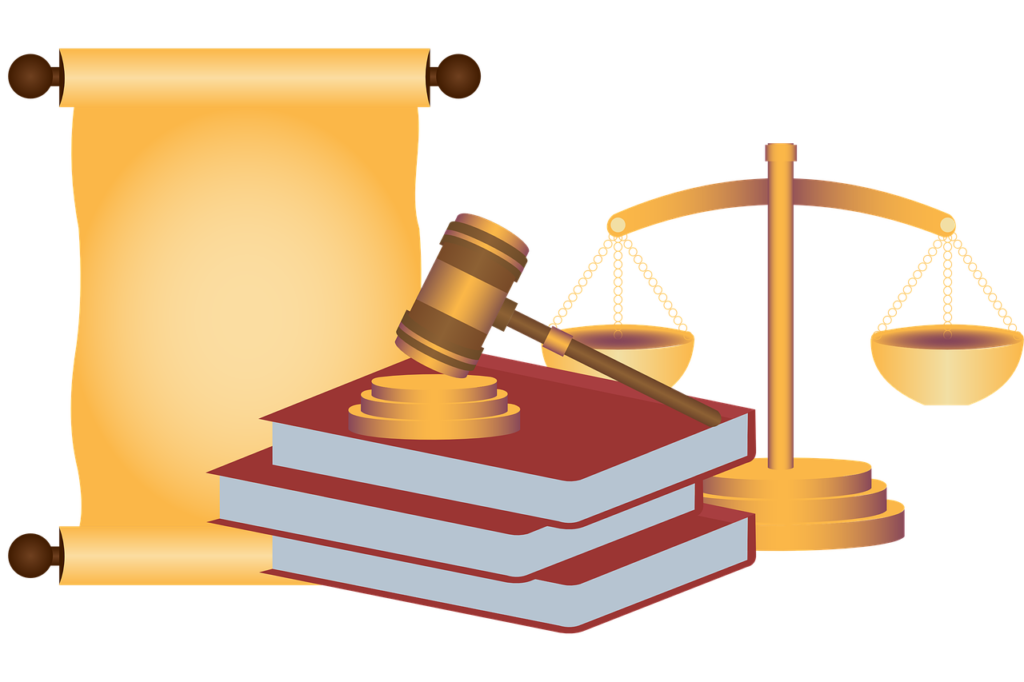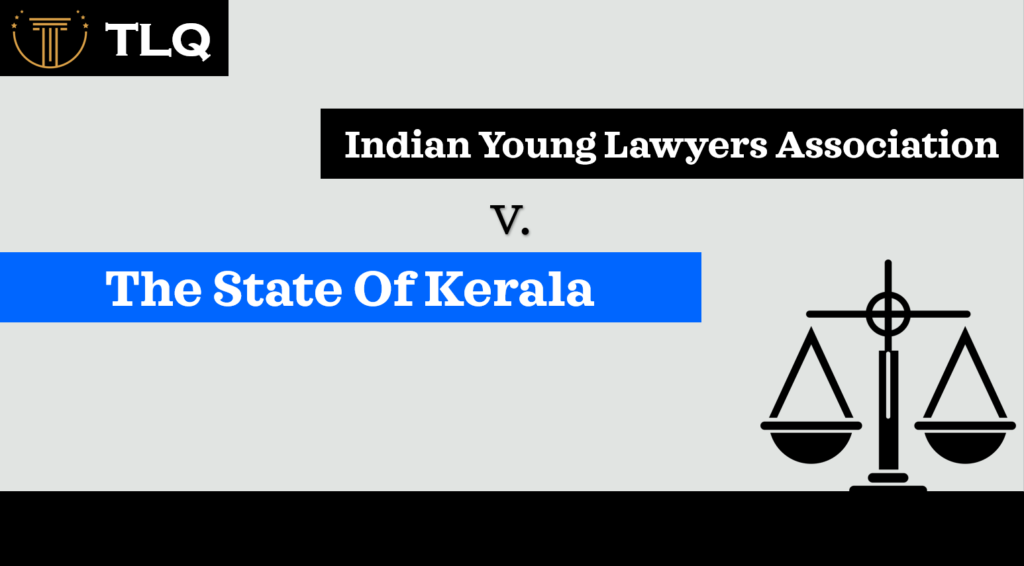Published On: 21st July 2025
Authored By: Adv. Laxman Dagdu Palhal
Introduction
Workplace discrimination remains a significant challenge in India, despite a comprehensive legal framework designed to promote equality and protect employee rights. Discrimination in the workplace refers to unfair treatment of employees or job applicants based on characteristics such as caste, religion, gender, disability, age, or sexual orientation. The Indian Constitution, along with various statutory enactments and judicial precedents, provides protection against workplace discrimination and ensures that employees are treated with dignity and fairness. This article examines the legal framework governing workplace discrimination in India, the rights of employees under these laws, and the remedies available to victims of discrimination, with references to Indian statutes, case law, and employer obligations.
Keywords:
Workplace discrimination, employee rights, Equal Remuneration Act, Sexual Harassment Act, Indian Constitution, labor law, reasonable accommodation, caste-based discrimination, gender equality, transgender rights, disability rights, judicial precedents, equal opportunity, retaliation, employment law, employer responsibility, harassment, inclusive workplace.
1. Understanding Workplace Discrimination
A. Definition of Workplace Discrimination
Workplace discrimination refers to any differential treatment of an employee or job applicant based on personal characteristics that are not relevant to job performance. The types of workplace discrimination recognized under Indian law include:
- Direct Discrimination – When an employee is treated less favorably than another employee in a similar situation due to a protected characteristic.
- Indirect Discrimination – When a workplace policy or practice that appears neutral has a disproportionate adverse effect on a protected group.
- Harassment – Unwelcome conduct that creates a hostile work environment, including sexual harassment.
- Victimization – Retaliation against an employee for filing a discrimination complaint or supporting another employee’s complaint.
B. Protected Characteristics under Indian Law
Under Indian law, the following characteristics are protected from discrimination:
- Caste and Scheduled Tribe status
- Religion
- Gender and sexual orientation
- Age
- Disability
- Marital status
- Pregnancy
- Nationality
2. Legal Framework Governing Workplace Discrimination in India
A. Constitutional Protections
The Indian Constitution is the foundation of anti-discrimination laws in India. Key constitutional provisions include:
- Article 14 – Guarantees the right to equality before the law and equal protection of the laws.
- Article 15 – Prohibits discrimination on the grounds of religion, race, caste, sex, or place of birth.
- Article 16 – Ensures equality of opportunity in matters of public employment.
- Article 21 – Protects the right to life and personal liberty, including dignity at the workplace.
B. Statutory Provisions
- The Equal Remuneration Act, 1976
- Mandates equal pay for men and women for equal work.
- Prohibits discrimination in recruitment, training, and promotion based on gender.
- The Rights of Persons with Disabilities Act, 2016
- Prohibits discrimination in employment on the grounds of disability.
- Requires employers to provide reasonable accommodation and maintain an inclusive work environment.
- The Sexual Harassment of Women at Workplace (Prevention, Prohibition and Redressal) Act, 2013
- Defines sexual harassment at the workplace.
- Requires employers to establish an Internal Complaints Committee (ICC).
- Mandates training and awareness programs to prevent sexual harassment.
- The Industrial Disputes Act, 1947
- Prohibits unfair labor practices and discrimination against workers engaged in trade union activities.
- The Maternity Benefit Act, 1961
- Grants maternity leave and other benefits to female employees.
- Prohibits dismissal or discrimination due to pregnancy.
- The Transgender Persons (Protection of Rights) Act, 2019
- Prohibits discrimination against transgender persons in employment.
- Requires employers to provide inclusive policies and equal opportunities.
C. Judicial Precedents
- Vishaka v. State of Rajasthan (1997) [(1997) 6 SCC 241]
- Established guidelines for the prevention of sexual harassment at the workplace.
- Laid the foundation for the Sexual Harassment Act, 2013.
- Indra Sawhney v. Union of India (1992) [(1992) Supp (3) SCC 217]
- Upheld the validity of reservations in public employment to promote equality of opportunity.
- National Legal Services Authority v. Union of India (2014) [(2014) 5 SCC 438]
- Recognized the rights of transgender persons under Article 14, 15, and 21.
- Directed the government to provide equal opportunities for transgender individuals in employment.
- Air India v. Nargesh Meerza (1981) [(1981) 4 SCC 335]
- Struck down discriminatory service conditions for female employees as unconstitutional.
3. Employee Rights in the Workplace
A. Right to Equal Opportunity
Employees have the right to equal opportunities in recruitment, training, promotion, and work conditions, regardless of caste, religion, gender, or other protected characteristics.
B. Right to Equal Pay
The Equal Remuneration Act, 1976 guarantees equal pay for men and women for equal work.
C. Right to Protection from Sexual Harassment
The Sexual Harassment Act, 2013 provides protection to employees against unwelcome sexual conduct and requires employers to provide a mechanism for redressal.
D. Right to Reasonable Accommodation
Persons with disabilities and transgender persons have the right to reasonable accommodation under the Disabilities Act and Transgender Persons Act.
E. Right to Protection from Retaliation
Employees who report discrimination or participate in investigations are protected from retaliation under Indian labor laws.
4. Employer Responsibilities and Compliance
Employers in India have a legal duty to:
- Establish anti-discrimination policies and make them accessible to employees.
- Provide training on discrimination and harassment prevention.
- Establish an Internal Complaints Committee (ICC) under the Sexual Harassment Act, 2013.
- Make reasonable adjustments to accommodate employees with disabilities or special needs.
- Ensure transparent and merit-based hiring, promotion, and pay practices.
5. Remedies and Enforcement
A. Legal Remedies
Victims of workplace discrimination in India can seek the following remedies:
- Reinstatement – Return to the original position with back pay.
- Monetary Compensation – For emotional distress, loss of income, and other damages.
- Punitive Damages – In cases of egregious or repeated violations.
- Injunctions – To prevent further discrimination.
B. Enforcement Mechanisms
- Labour Courts and Industrial Tribunals – Handle disputes related to employment and discrimination.
- High Courts and Supreme Court – Hear constitutional challenges and public interest litigation.
- National and State Commissions – National Commission for Women (NCW) and National Human Rights Commission (NHRC) investigate and address complaints.
6. Landmark Cases
- Vishaka v. State of Rajasthan (1997) – Established the framework for sexual harassment protection.
- National Legal Services Authority v. Union of India (2014) – Recognized the rights of transgender persons.
- Air India v. Nargesh Meerza (1981) – Held gender-based service rules unconstitutional.
- K.C. Gajapati Narayan Deo v. State of Orissa (1953) – Established the principle of equality before the law.
7. Conclusion
India’s legal framework on workplace discrimination reflects constitutional commitments to equality and fairness. While significant progress has been made, discrimination based on caste, gender, disability, and sexual orientation persists. Strengthening enforcement, raising awareness, and encouraging diversity and inclusion are key to building a more equitable work environment.
References
- Constitution of India, Articles 14, 15, 16, 21.
- Equal Remuneration Act, 1976.
- Sexual Harassment of Women at Workplace (Prevention, Prohibition and Redressal) Act, 2013.
- Rights of Persons with Disabilities Act, 2016.
- Transgender Persons (Protection of Rights) Act, 2019.
- Vishaka v. State of Rajasthan, (1997) 6 SCC 241.
- National Legal Services Authority v. Union of India, (2014) 5 SCC 438.




